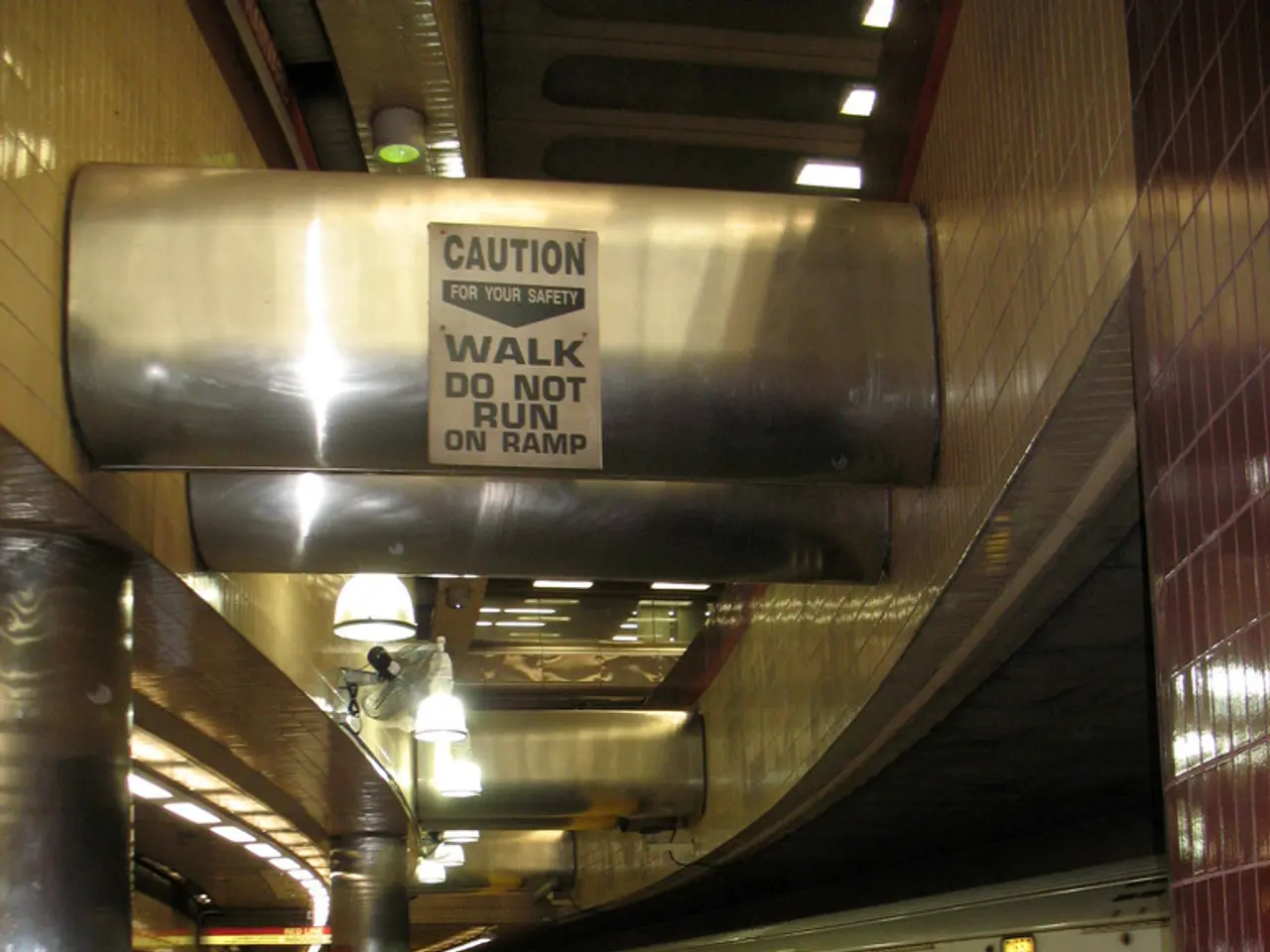Headline: Merz and Macron Push for Swift Customs Deal with Trump: A Race Against Time
Leaders Merz and Macron advocate for a swift customs agreement with Trump
In less than two weeks, the EU faces a critical decision regarding the customs agreement with the US. A new proposal is on the table, currently under review. Leaders like Chancellor Friedrich Merz and French President Emmanuel Macron are advocating for a quick resolution.
The time is running out, with less than two weeks remaining until a deadline set by US President Donald Trump. Both leaders have expressed a desire for a swift agreement with Washington, albeit "not at any price." EU Commission President Ursula von der Leyen stated that the EU is prepared for an agreement but also ready for the possibility of "no satisfactory agreement being reached."
During a recent summit, Merz emphasized the importance of reaching a quick agreement with the Americans. Macron also echoed this sentiment, calling for "a swift conclusion of an agreement." However, negotiations must balance speed with fairness, as Macron cautioned, "not at any price."
Talk of a potential agreement, often referred to as the "Swiss cheese" model, suggests a general increase of about ten percent could remain in place if exceptions apply for key sectors such as the automotive industry and steel. These sectors have been severely impacted by Trump's tariffs, with an increased tariff rate of 25% applicable to them.
While von der Leyen briefed the heads of state and government on the current status of negotiations, the exact details of the negotiations, including the applicability of the "Swiss cheese" model, remain unclear. Throughout the process, the EU remains committed to preserving its consumer protection regulations and large tech company rules.
If negotiations with the US fail, the EU has prepared retaliatory tariffs, currently on hold but potentially affecting a broad range of US products. The ongoing uncertainty and potential for escalating tariffs raise costs and complicate transatlantic trade flows, particularly for industries like automotive and steel.
Enrichment Data:
The current status of the US-EU customs agreement negotiations remains unsettled, with notable tensions around tariff policies and trade terms amid a broader transatlantic trade dispute. The US has imposed multiple tariff layers on EU-origin goods, including a 10% ad valorem tariff on all US-origin goods effective May 14, 2025, with various additional tariffs scheduled or delayed for specific products. The EU has responded with retaliatory tariffs and is threatened with further US reciprocal tariffs that could average up to 20% on EU goods if tariff levels are not aligned. The automotive and steel industries are particularly affected by these tariffs, with US tariffs at 25% on steel/aluminum and potential tariff increases looming for auto products. No final comprehensive customs deal has been reached, and the situation remains fluid with deadlines like July 9, 2025, approaching for potential resolutions.
The EU Commission, during a time of global uncertainty over customs deals, is also proposing to increase the number of EU-funded projects in the field of education and training, as a means to foster stronger economic and political relations within the EU. Meanwhile, EU leaders like Chancellor Friedrich Merz and French President Emmanuel Macron are actively pushing for a swift customs agreement with the US, advocating for a balance between speed and fairness in negotiations, yet not at any cost.





